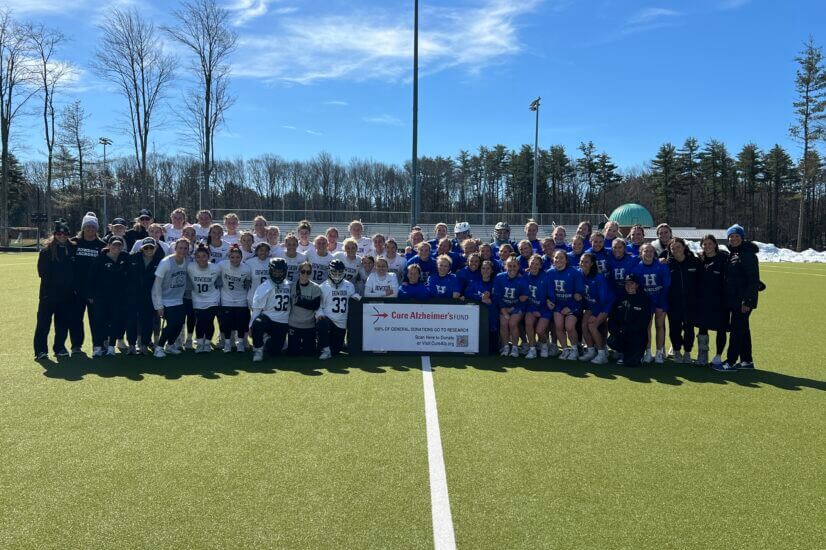
Posted January 10, 2011
Breakthrough Research, Strong Fundraising, Mark Fifth Year of Cure Alzheimer’s Fund
Boston – A small nonprofit organization fully dedicated to Alzheimer’s research has quietly been making progress on an ambitious and aggressive research strategy for the development of effective therapies and discovery of an eventual cure for this devastating disease.
Taking a unique venture capital approach to philanthropy, Cure Alzheimer’s Fund (CAF) supports novel Alzheimer’s research that is aggressive, results-oriented, and ‘red-tape’-free. Bucking the recent downturn in charitable donations, the Fund raised a record $3.8 million in 2010 through individuals and federal and foundation grants, plowing all of it directly into research. CAF has raised $18.9 million since its inception at a time when the federal government budget for Alzheimer’s research and education has stagnated.
“Three families committed to wiping out Alzheimer’s decided five years ago that the ‘business-as-usual” model for Alzheimer’s research needed to be accelerated and founded Cure Alzheimer’s Fund,” said Tim Armour, President and CEO of the Fund. “Our network of supporters has grown because the only return the founders expect is a cure and we have made great strides to bring us closer to reaching that goal.”
This year alone CAF-supported research has made significant breakthroughs in better understanding the nature of Alzheimer’s, a key to finding a cure and more effective treatments. Among that research is the confirmation of a link between Alzheimer’s and Type II diabetes, tied to a molecular mechanism in the gene SorCSI. The research, led by Dr. Sam Gandy, Professor in Alzheimer’s disease Research at the Mount Sinai School of Medicine, could open the door for more effective treatments for both diseases.
Dr. Gandy also developed a new approach for studying brain synapses that has yielded valuable information about the production of Amyloid-Beta oligomers (clumps of the Abeta peptide), which is known to play a key role in the onset of Alzheimer’s disease. Other research led by Dr. Rudy Tanzi, Harvard University Professor of Neurology and Director of Genetics and Aging Research, looked at the theory that Abeta is not entirely a “bad-guy” but in fact is part of the innate immune system.
Dr. Tanzi, who also serves as Chair of the CAF Research Consortium, heads up CAF’s cornerstone project, the Alzheimer’s Genome Project (AGP), which since 2005 has identified over 120 genes that contribute to risk for Alzheimer’s disease. TIME Magazine/CNN named the AGP as one of the top 10 medical breakthroughs of 2008.
“We look for scientists who are doing cutting-edge research and are willing to take a novel or even unconventional approach,” said Armour.
As science technology continues to advance, we believe we are on the cusp of a rare science moment, when intensive research could yield a real breakthrough for an Alzheimer’s cure,” Armour continued. “With the first of the Baby Boomers turning 65 and experts predicting the number of people diagnosed with Alzheimer’s to skyrocket to 115 million in 2050, that moment can not come soon enough.”
About Cure Alzheimer’s Fund
Cure Alzheimer’s Fund™ is a 501c3 public charity whose mission is to fund research with the highest probability of slowing, stopping or reversing Alzheimer’s disease. Cure Alzheimer’s Fund is characterized by a venture approach to philanthropy that targets funding to specific research objectives. The Fund’s founders underwrite all expenses and overhead, and all contributions go directly to research. The Foundation has no financial or intellectual property interest in the research funded, and will make known the results of all funded research as soon as possible. Cure Alzheimer’s Fund is a national organization with offices in Boston and Pittsburgh. For more information, visit www.curealzfund.org.





